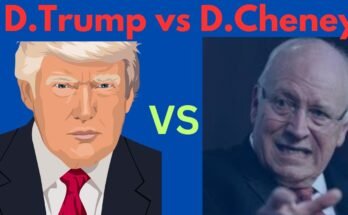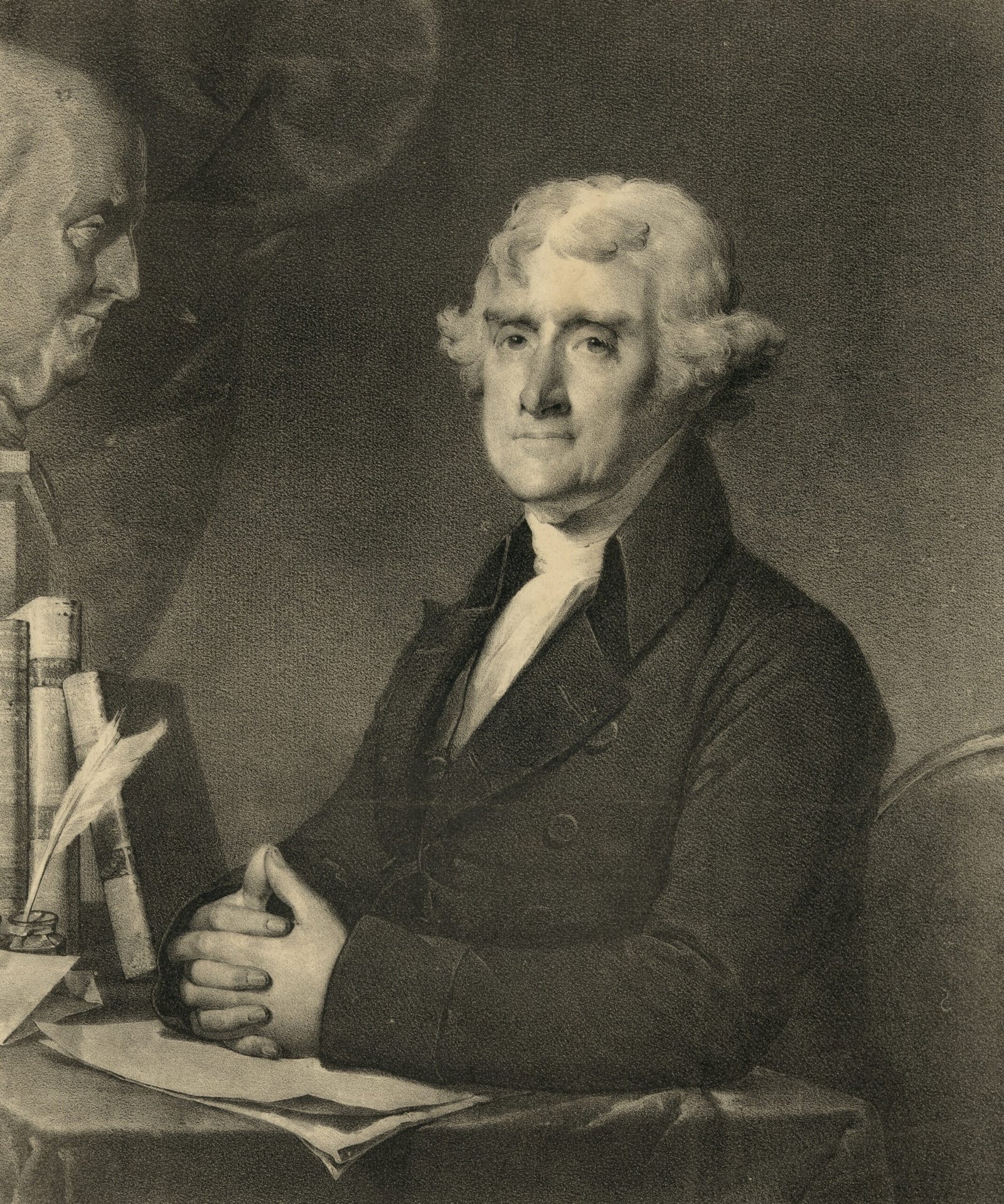Background on Hunter Biden’s Legal Troubles
Hunter Biden, the son of President Joe Biden, has been embroiled in a series of legal issues that have captured significant media attention. In recent years, Hunter has faced scrutiny related to his business dealings, particularly those involving foreign entities. Allegations surfaced, claiming that he engaged in unethical conduct while serving on several boards, including the notorious Ukrainian energy company Burisma. Critics have argued that his position in these organizations, combined with his father’s political stature, raises concerns about conflicts of interest and nepotism.
In addition to these business-related controversies, Hunter Biden has found himself in legal hot water due to issues related to his personal conduct. He has been scrutinized for alleged tax evasion, with investigations focusing on his financial practices and business activities. The Department of Justice initiated inquiries to determine whether he violated federal tax laws or failed to report income, particularly connected to his dealings overseas. Such investigations sparked widespread public discourse, with polarized opinions emerging regarding the integrity of both Hunter and his father, who has sought to distance himself from his son’s legal troubles.
The political ramifications of Hunter Biden’s legal battles have further complicated the situation. Republican lawmakers have used these allegations as a means to attack President Biden’s administration, questioning the administration’s ethical standards and transparency. This has contributed to a highly charged atmosphere surrounding Hunter’s legal issues, with calls for accountability echoing across the political spectrum. Supporters of the President, on the other hand, argue that the investigations are politically motivated and aim to undermine his presidency. This tension ultimately reflects the broader societal polarization concerning issues of governance, family ties in politics, and the justice system’s impartiality.
The Significance of a Presidential Pardon
A presidential pardon is a powerful act of clemency that grants forgiveness for a federal crime, effectively removing the legal consequences that stem from a conviction. This authority is enshrined in Article II, Section 2 of the United States Constitution, which allows the president to “grant reprieves and pardons for offenses against the United States.” The act of issuing a pardon does not imply innocence but rather serves as an opportunity for redemption and a fresh start. Historically, presidential pardons have been utilized in a variety of circumstances, from helping individuals reintegrate after serving their sentences to addressing issues of perceived injustice within the judicial system.
One notable historical example is President Gerald Ford’s pardon of Richard Nixon in 1974, which aimed to heal the nation after the Watergate scandal. Although controversial, Ford’s decision reflected a desire to prevent further division within the country and to promote national unity. Another landmark pardon was issued by President Jimmy Carter in 1977 when he pardoned individuals who evaded the draft during the Vietnam War, an act that was both significant and divisive at the time, illustrating the complex relationship between the executive pardon power and public sentiment.
In the case of Hunter Biden, the implications of a presidential pardon are manifold. While it may relieve him of the legal burdens stemming from any convictions, it also raises questions about fairness, accountability, and the political landscape. A pardon for Hunter could evoke mixed reactions from the public, reflecting broader sentiments regarding privilege, justice, and the responsibilities of public figures. Furthermore, it may impact the Biden family’s reputation and how they are perceived in the context of their political narratives. Thus, the significance of a pardon, especially in a high-profile case, extends beyond legal realms and into the complexities of public opinion and familial ties.
Political Reactions and Implications
The potential pardon of Hunter Biden by President Biden has elicited a wide array of reactions from both sides of the political spectrum, reflecting the contentious nature of contemporary American politics. For Democrats, the prospect of a presidential pardon for Hunter Biden is viewed as an opportunity to reinforce party loyalty and demonstrate the commitment to familial support. Proponents argue that the pardon could facilitate healing and unity within the party, particularly as they prepare for future electoral challenges. Conversely, some Democrats express caution, warning that such a move could be perceived as favoritism and could undermine the party’s credibility regarding accountability and ethical governance.
On the Republican side, reactions are more uniformly critical. Many GOP leaders and commentators have voiced strong opposition to the idea of a pardon, framing it as an emblem of privilege that undermines the rule of law. They argue that Hunter Biden’s alleged transgressions, particularly concerning business dealings and substance abuse, merit accountability rather than clemency. This criticism is likely to be a focal point in Republican campaigns leading up to the next election, with many candidates using the situation to galvanize their base by portraying the Biden family as emblematic of broader moral failings within Democratic leadership.
The implications of President Biden’s decision to issue a pardon extend beyond mere political rhetoric. Should he proceed with the pardon, it could lead to a shift in public perception, potentially affecting his administration’s standing among key voters. Additionally, the impact on Hunter Biden’s reputation could be profound. While supporters may welcome the pardon as a means of mitigating personal struggles, opponents might argue it sets a dangerous precedent, thereby influencing ongoing political discourse around accountability and ethics in governance. As the political landscape continues to evolve, the outcomes of this situation will remain a focal point in discussions surrounding the Biden administration’s future.
Public Opinion and Media Coverage
The discourse surrounding Hunter Biden’s situation has sparked significant debate within both media narratives and public opinion. A variety of opinion polls indicate that perceptions regarding a potential pardon are highly polarized. According to recent surveys, a notable fraction of the public views a pardon as a necessary step toward rectifying the perceived injustices faced by Hunter Biden, particularly in light of ongoing legal challenges that have drawn public scrutiny. In contrast, a substantial portion of the electorate sees the pardon as an undue privilege stemming from political connections, questioning its legality and moral implications.
Media coverage has played a crucial role in shaping these divergent perspectives. Outlets generally fall along ideological lines, with some framing the situation as a politically motivated attack against Biden’s family while others characterize it as an emblem of nepotism and privilege. This polarization extends beyond simple reporting to influence public sentiment, with associated narratives evoking strong emotional responses from various demographic groups. There is a prevalent concern regarding transparency and fairness, especially among those who believe that the legal system should treat all individuals equitably regardless of political affiliation.
Moreover, this division in public opinion poses a strategic dilemma for the Biden administration. Supporters of President Biden argue that issuing a pardon could foster a sense of forgiveness and healing, while detractors claim it might further alienate independent voters crucial for future elections. Anecdotal evidence from focus groups suggests that the electorate is divided not solely along party lines but also by broader concerns regarding integrity and accountability. How the Biden administration navigates this complex landscape will likely have significant implications for its credibility and future policy initiatives.



